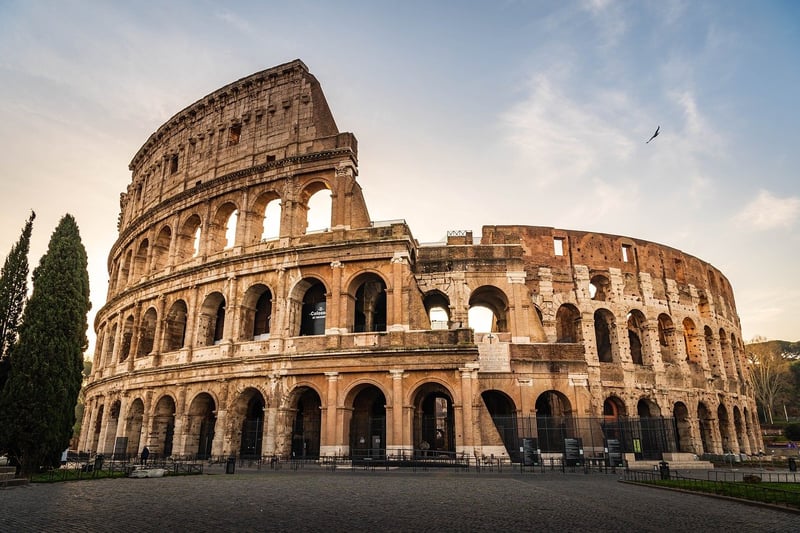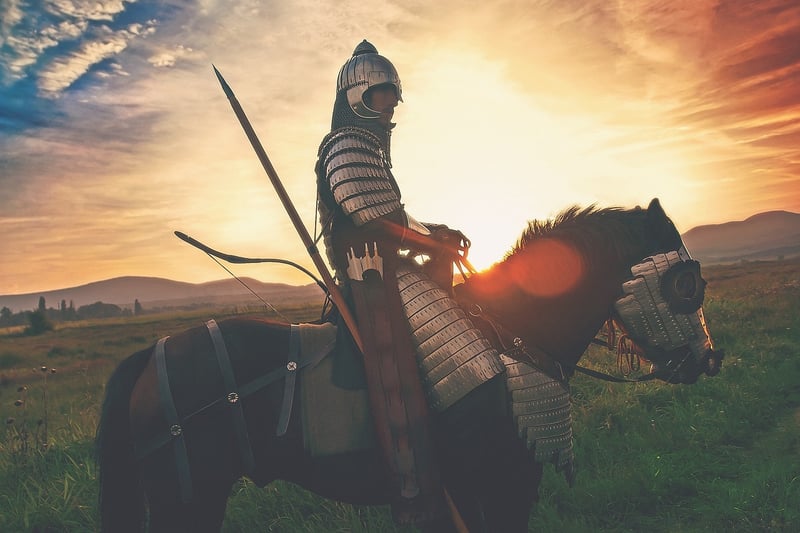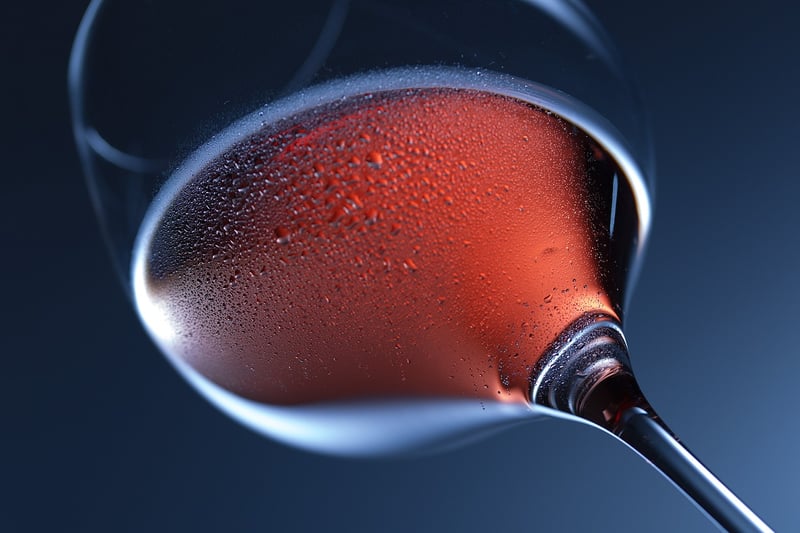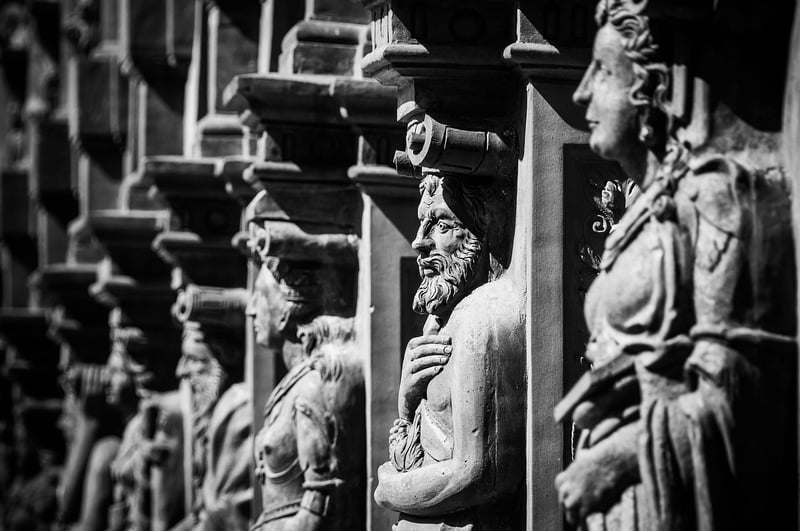Renaissance Feast
The Evolution of Culinary Delights: A Journey Across Eras
Food has always been a significant part of human history, offering a glimpse into different cultures and eras. From simple ingredients to extravagant feasts, culinary traditions have evolved over time, reflecting the societal changes and innovations of each period. Let's take a flavorful journey through the culinary delights across various eras.
Ancient Civilizations: The Birth of Culinary Traditions
Early civilizations such as the Egyptians, Greeks, and Romans laid the foundation for culinary practices. These ancient cultures utilized local ingredients and simple cooking methods to create flavorful dishes. Staples like bread, olive oil, honey, and wine were common in their diets, showcasing the importance of agriculture and trade.

The Middle Ages: Feasts Fit for Kings and Queens
During the Middle Ages, food became a symbol of power and wealth. Feudal lords hosted lavish feasts to display their prosperity, featuring exotic spices, roasted meats, and elaborate pastries. The concept of etiquette and formal dining emerged during this period, shaping the way food was consumed and enjoyed.

The Renaissance: A Culinary Rebirth
The Renaissance period marked a culinary revolution, with a focus on artistry and innovation in the kitchen. Italian cuisine thrived during this era, introducing new ingredients like tomatoes, pasta, and exotic spices from distant lands. Banquets and feasts became extravagant affairs, showcasing the culinary skills of chefs and the creativity of hosts.

The Renaissance Feast: A Grand Celebration of Food and Culture
One of the most iconic culinary events of the Renaissance was the grand feast. These elaborate gatherings brought together nobles, artists, and intellectuals to indulge in a sensory experience like no other. Tables were adorned with exotic dishes, fruits, and desserts, creating a visual spectacle that matched the opulence of the era.
Guests were treated to a variety of courses, each carefully prepared and presented to showcase the culinary expertise of the chefs. From delicate pastries to succulent roasts, every dish was a work of art, designed to tantalize the taste buds and impress the diners.
Music, poetry, and theatrical performances accompanied the feast, adding to the ambiance and creating a truly immersive dining experience. The Renaissance feast was not just a meal; it was a celebration of food, culture, and creativity, embodying the spirit of the era.
As we look back on the culinary delights of the Renaissance and other historical eras, we gain a deeper appreciation for the artistry and innovation that have shaped our modern food culture. From simple recipes to extravagant feasts, food continues to be a source of inspiration, bringing people together and enriching our lives in countless ways.
